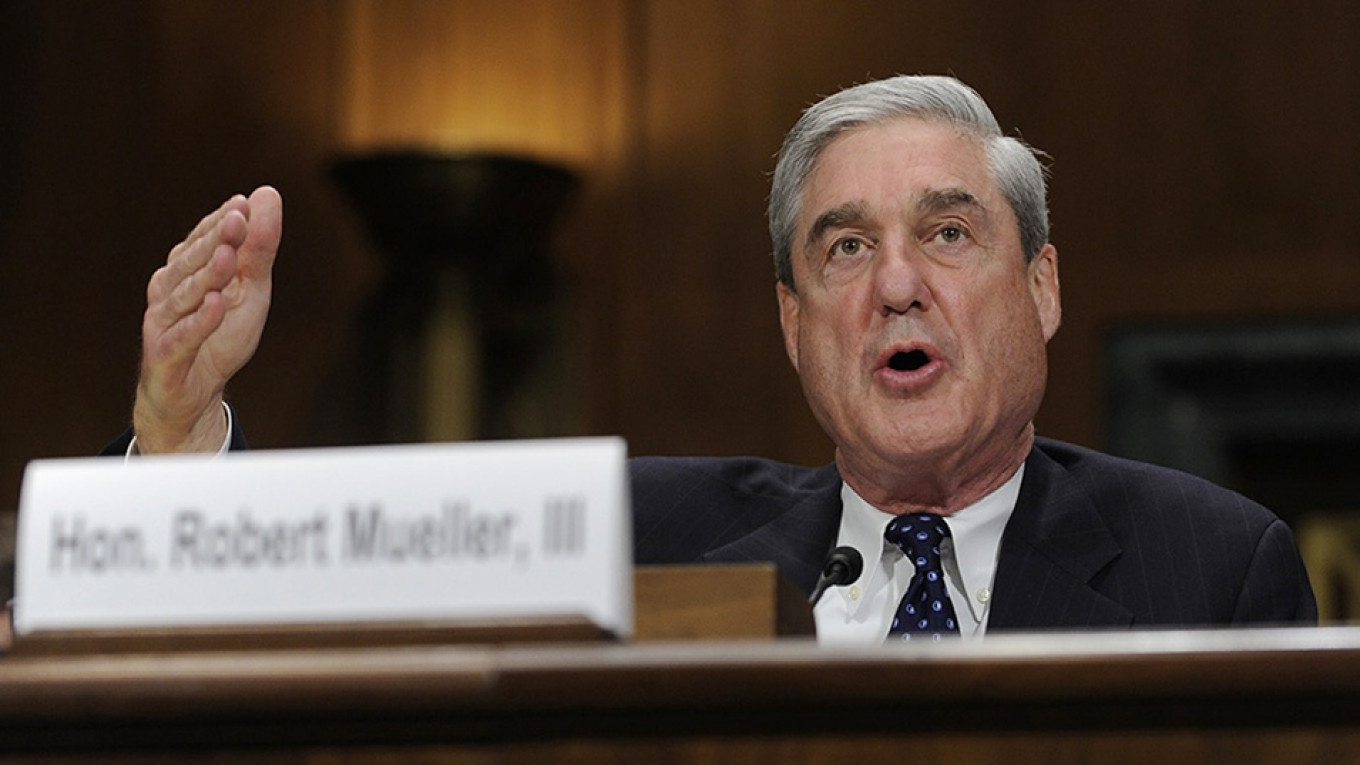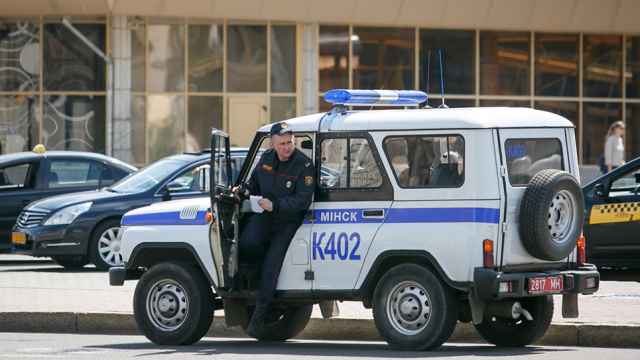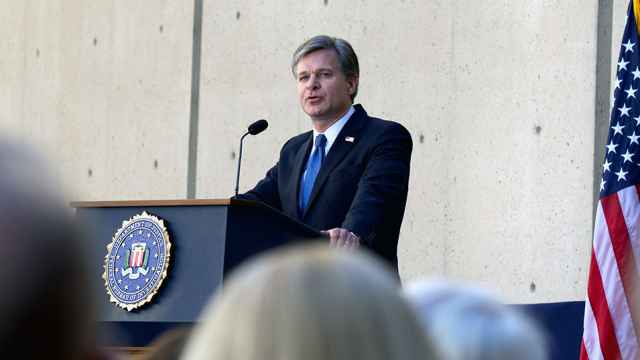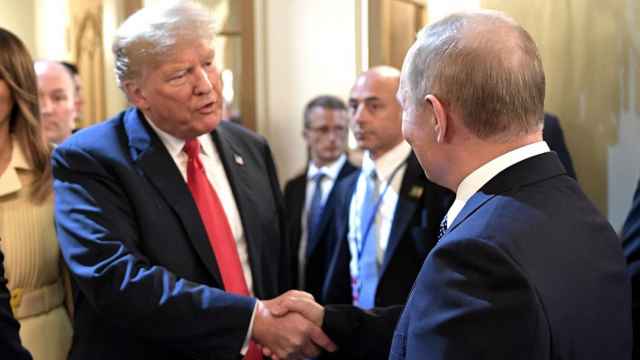The Mueller reports highlights many shortcomings in American democracy, but also reveals a deeper failure that informs our broader politics: the silence of the experts. Those well-positioned to comment on the investigation — academic Russia watchers, political science experts on elections, and non-partisan national security specialists — too often ceded the debate to partisans.
Two voices dominated in the run-up to the Mueller report. True believers filled in the dots between each bit of tantalizing evidence to create a conspiracy of daunting proportions dating back to 1987. While the Mueller report delivered a devastating picture of Russian interference encouraged by team Trump, it also did not provide evidence for a good number of the claims put forward by the true believers.
True skeptics were on far weaker ground by downplaying the extent of Russian involvement in the campaign. The second sentence of the Mueller report states clearly: “The Russian government interfered in the 2016 presidential election in sweeping and systematic fashion.”
These are, however, the normal failures of our hyper-partisan politics. The deeper failure is the silence of expert communities who failed to ask hard questions of the true believers and true skeptics. With some important exceptions, they were drowned out by shriller voices.
Academic Russia watchers could have countered common depictions of Russian politics as a one-man show. President Putin’s powers are vast, but he cannot design or implement foreign influence operations on his own. He must delegate some power and control over implementation to corrupt bureaucrats, undisciplined hackers, and shadowy mercenaries who have their own interests and resources. Nor does Putin have “close ties” with every businessperson in Russia. To understand why and how the Kremlin hacks other countries, Russia hands could have provided a better appreciation of how policy is actually made and implemented in Moscow.
Experts on elections could have brought perspective about the impact of social media on voting. Most academic studies find social media to be a far less powerful tool for turning out the vote or changing voter’s minds than the average viewer believes
Election experts, most of whom lean agnostic at best about the impact of Russian social media in the 2016 presidential election, could have pushed for evidence from those who argue: “Without the Russian influence effort, I believe Trump would not have even been within striking distance of Clinton on Election Day.” This is not to downplay the seriousness of Russia’s efforts to undermine the 2016 presidential election, but it is a call for greater scrutiny about the impact of the Kremlin’s efforts.
National Security experts could have provided crucial context to give viewers a more realistic assessment of Moscow’s goals and capacities. While recognizing the sophistication of Russian hackers, they also could have countered frequent portrayals of them as all-powerful. After all, the Dutch government spied on Russian hackers for a year without detection and the US caught the hackers of the Democratic National Committee in short order. Again, my point is not to dismiss the capacity of the Kremlin to cause mayhem in cyberspace, but to chip away at the myth of omnipotence of the Russian security services.
Most importantly, the expert community should have been injecting the hard-edged skepticism, demand for evidence, and appreciation of what we can and cannot know that marks the best academic interventions into policy issues. But these are hardly the first words that spring to mind when thinking of commentary in the run-up to the Mueller report.
To be sure, media outlets were not looking for the nuance that the expert community could have provided to this discussion. Instead, they sought out the most partisan voices to boost ratings. But that is also a copout. If the academic and non-partisan expert communities want to influence policy debates, we have to find ways to make our voice heard amidst the din.
This problem is not unique to the Mueller Report and Russian electoral interference. Indeed, it extends to most important discussions of the day. With former Special Counsel Mueller set to testify before Congress on Wednesday, let’s see if we can all do a little better.
A Message from The Moscow Times:
Dear readers,
We are facing unprecedented challenges. Russia's Prosecutor General's Office has designated The Moscow Times as an "undesirable" organization, criminalizing our work and putting our staff at risk of prosecution. This follows our earlier unjust labeling as a "foreign agent."
These actions are direct attempts to silence independent journalism in Russia. The authorities claim our work "discredits the decisions of the Russian leadership." We see things differently: we strive to provide accurate, unbiased reporting on Russia.
We, the journalists of The Moscow Times, refuse to be silenced. But to continue our work, we need your help.
Your support, no matter how small, makes a world of difference. If you can, please support us monthly starting from just $2. It's quick to set up, and every contribution makes a significant impact.
By supporting The Moscow Times, you're defending open, independent journalism in the face of repression. Thank you for standing with us.
Remind me later.








